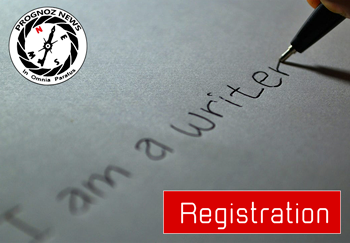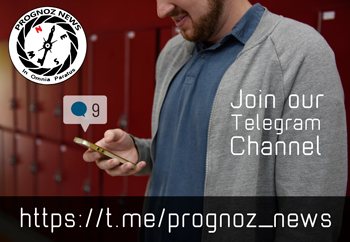𝐒𝐰𝐢𝐭𝐳𝐞𝐫𝐥𝐚𝐧𝐝 𝐢𝐬 𝐫𝐞𝐜𝐨𝐧𝐬𝐢𝐝𝐞𝐫𝐢𝐧𝐠 𝐢𝐭𝐬 𝐧𝐞𝐮𝐭𝐫𝐚𝐥𝐢𝐭𝐲 𝐢𝐧 𝐥𝐢𝐠𝐡𝐭 𝐨𝐟 𝐠𝐫𝐨𝐰𝐢𝐧𝐠 𝐑𝐮𝐬𝐬𝐢𝐚𝐧 𝐢𝐧𝐟𝐥𝐮𝐞𝐧𝐜𝐞 𝐚𝐧𝐝 𝐬𝐞𝐞𝐤𝐢𝐧𝐠 𝐚 𝐜𝐥𝐨𝐬𝐞𝐫 𝐭𝐢𝐞 𝐭𝐨 𝐍𝐀𝐓𝐎.
106 Views
The invasion of Ukraine by Russia has prompted discussions in Switzerland about revising the country’s neutrality act. According to official government polling, the majority of Swiss citizens support deeper ties to NATO, raising the question of how far Switzerland will move away from its historic neutrality. Switzerland has signed a Letter of Intent (LOI) with Germany’s European Sky Shield Initiative (ESSI) to bolster European air and missile defenses. In doing so, Switzerland will align its armament with that of NATO and assess ESSI’s potential to bolster its air defense capabilities. Switzerland’s vice president, Viola Amherd, has been pushing for deeper connections with NATO, citing the crisis in Ukraine to make her case.
But since Switzerland is unable to meet the collective defense requirements of NATO’s Article 5, public opinion has turned in favor of further international cooperation. Because of its neutrality policy, Switzerland has turned down offers from both Denmark and Germany to buy military equipment. The international community has been pressuring Switzerland to reconsider its stance on the re-export of weapons. As a result of their neutrality promise, Denmark and Germany have requested less military equipment from Switzerland. This includes fewer demands for Leopard 1 A5 tanks. Recent actions, according to the far-right Swiss People’s Party, violate neutrality, prompting international pressure on Switzerland to reevaluate its arms re-export legislation. Nonetheless, public support for NATO is rising as Russia’s militarization continues, and there is no denying the Swiss public’s stance toward stronger international collaboration.
@propgnoz_news











